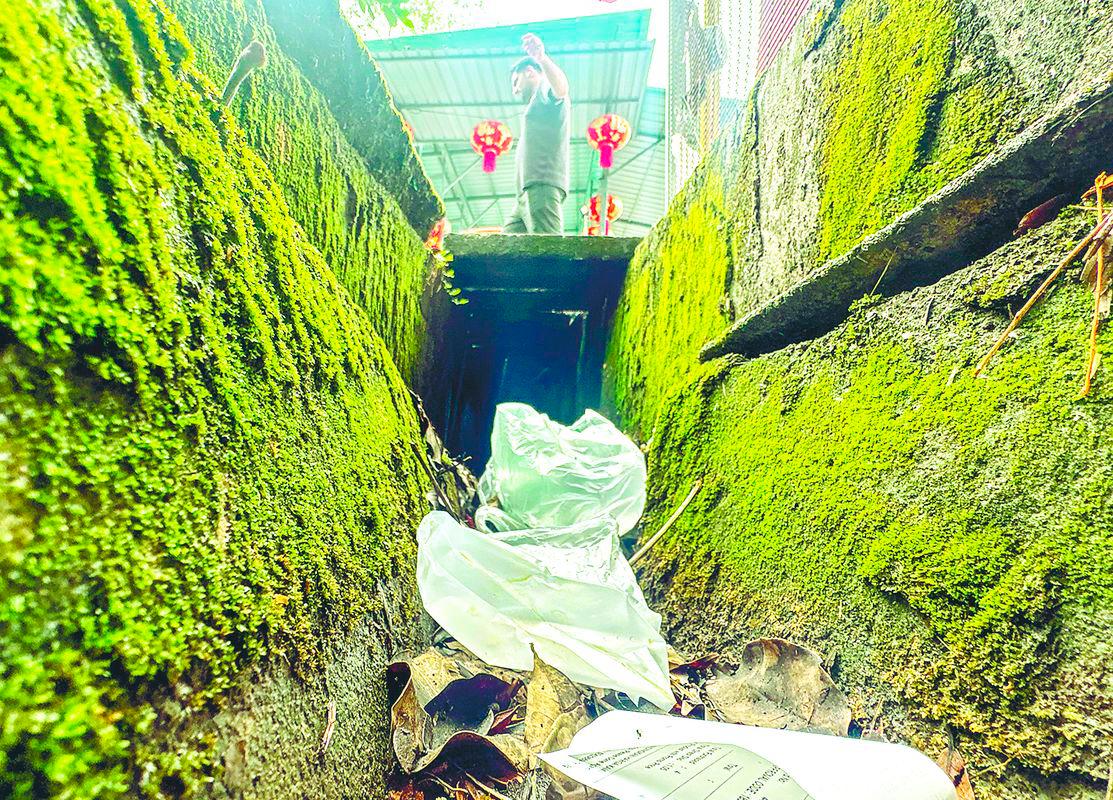PETALING JAYA: Despite voluntary efforts by several retail chains to phase out single-use plastic bags, Malaysia continues to grapple with environmental and public health consequences linked to plastic waste, said experts.
In a joint written statement, Malaysian Association of Environmental Health (MAEH) honorary secretary Rudiaswady Abdul Rahim and committee member Dr Sarva Mangala Praveena said Kuala Lumpur alone produces about 161,000 tonnes of plastic waste annually, with plastic bags accounting for 35% of that total.
They added that an estimated 653 tonnes of plastic waste leak into waterways each year, with plastic bags forming a major share due to poor disposal and collection practices.
The lightweight material contributes significantly to flash floods by clogging drainage systems, particularly in the Klang Valley, where drainage capacity in some areas has been reduced by up to 60%.
“Plastic bags critically increase the chances of flash floods and drainage issues in urban areas such as the Klang Valley by physically obstructing stormwater systems.
“When discarded, lightweight bags easily enter drains through wind or runoff, forming clogs that trap organic debris such as leaves, silt and other waste.
“Because they are easily carried by wind and water, they are more likely to end up in rivers, storm drains and eventually the marine environment,” the statement read.
MAEH also noted that marine animals such as turtles and seabirds often mistake plastic bags for food, resulting in internal injuries, starvation or death.
The persistence of such waste in oceans poses a serious threat to biodiversity and ecosystem stability.
“Plastic waste alters how water behaves in urban environments. This isn’t just a litter issue, it affects infrastructure functionality,” MAEH stated.
Universiti Kebangsaan Malaysia environmental risk specialist Dr Muhammad Ikram Wahab echoed similar concerns, warning that the long-term impact of single-use plastics extends beyond clogged drains.
Plastic bags, he explained, are made from low-density polyethylene and can take more than 500 years to break down.
“Even then, they don’t biodegrade. They fragment into microplastics, which accumulate in soil, waterways and even the food chain,” he said.
Citing MAEH data, Ikram said multi-family dwellings generate the highest volume of plastic waste, followed by single-family homes, retail, wholesale and office premises.
He also highlighted that 454 tonnes of fly-tipped plastic waste are dumped annually in Kuala Lumpur on unauthorised land, water bodies, forest reserves and drainage systems, in breach of local regulations.
“Not to mention an additional 448 tonnes of discarded plastic waste yet to be collected,” he added.
Ikram warned that heavy metals used in the production of plastic bags, such as lead, cadmium and mercury, can leach into the environment over time, contributing to soil and water contamination.
“The toxic burden of single-use plastic bags is not just environmental but also chemical. These pollutants linger and circulate, creating new layers of risk.”
Universiti Malaya chemical engineering expert Dr Jegalakshimi Jewaratnam said Malaysians consume around 16.8kg of plastic packaging per person annually, mainly for food and beverage products such as containers, bottles and wrappers.
She added that Malaysia records the highest per capita consumption of plastic bags in Southeast Asia.
Echoing Ikram’s concerns, she warned that poor disposal of single-use plastics could lead to serious microplastic pollution, including contamination of the human food chain.
“Studies have found microplastics in fish meant for human consumption. These particles can settle in blood vessels and organs, and over time, lead to health complications,” she said.
While plastic bags are often criticised, she noted they are less energy- and emission-intensive to produce than some reusable alternatives.
“Plastic bags are by-products of petroleum and natural gas processing. A cotton bag must be reused 150 times to offset its environmental footprint, while a polypropylene bag requires four uses to break even,” she explained.
With retailers such as 99 Speedmart having stopped providing plastic bags to customers, experts are calling for broader public and private sector action to support nationwide sustainability efforts.
They urged all business outlets to adopt similar measures in order to sustain a healthier environment across the country.









